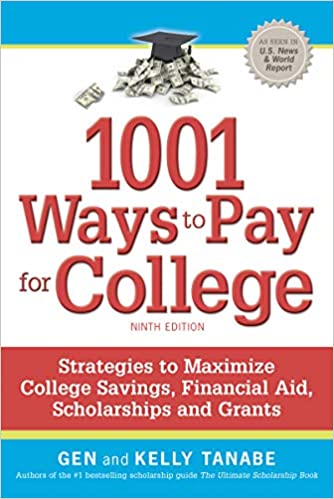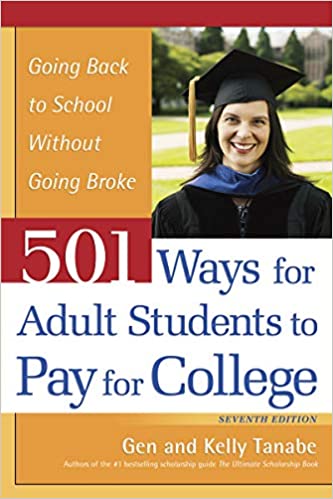What makes going to school so expensive? Besides the price of tuition, it's the fact that to be a student you also have to be unemployed. Aside from part-time jobs, most students cannot hold a full-time job and go to college. With zero income and lots of tuition to pay, it's no wonder that the student life is synonymous with the poor life.
But why can't you work and go to school? The biggest problem is that class time and work time are usually both between 9 and 5. Plus, there is the all-important sleep time. Yet this has not stopped millions of students from working and getting their degree. It can take longer to complete your degree if you opt to work and go to school since you usually take a reduced class load, but the up side is that you can work and earn money to pay for your education.
In this guide we'll explore some of the most popular options for combining work with school. There is no single "right" way to balance your classes with your job responsibilities—the only rule is to do whatever fits your specific situation.
You might think of night schools as high schools where adults go to complete their GEDs. However, night programs have exploded to encompass everything from single-skill courses such as learning computer skills to getting your entire bachelor's or master's degree. Night-school programs afford you the opportunity to keep your job while you work toward learning a new skill or earning a degree.
Colleges with night programs usually offer classes that meet one or two nights a week. In fact, you may be able to sign up for as many as four courses per week. Although many schools don't offer night courses on Fridays or the weekend, some campuses do offer mini-semesters and summer school.
2
Take advantage of the bargain that adult education can be.
If you need vocational or technical training or basic educational skills, adult education may be a great choice for you. State and federally funded adult education centers offer classes that meet in some high schools, community centers, community colleges and public universities. Their primary mission is to provide low- or no-cost training for students who need to acquire new skills due to a forced career change.
Most adult education classes can be taken while you keep your job, and in some instances your employer may even pay for your schooling. Some programs also give discounts to students over the age of 55, and many states designate certain types of classes as eligible for receiving state subsidies, which greatly reduce costs.
3
Use your evenings and weekends to get a graduate degree.
Professional schools are also getting into adult education by helping full-time workers get their advanced degrees. The U.C. Berkeley part-time MBA program is a good example. While a traditional MBA requires that you attend classes as a full-time student for two years, the part-time program allows you to work full-time and attend either evening or weekend classes. If you choose the evening schedule, you'll meet twice a week for 3 1/2 hours per session. Weekend classes meet on Saturdays from 9 a.m. to 6 p.m. In either instance, you take the same courses as full-time business school students and earn the same degree. But since you are going to school part time, it will take you three years to complete your graduate studies.



